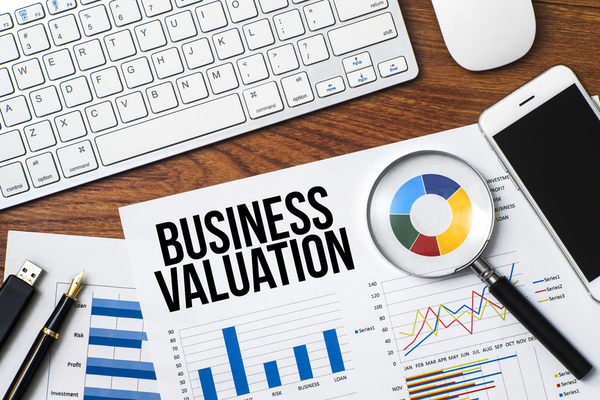
The Valuation team at Accru recently completed a full detailed valuation for a client who had, in the absence of a formal valuation, estimated the value of his jointly owned business. The business was not at scale yet, meaning it was just achieving profits, and the reason for the valuation was that a passive shareholder was seeking to exit. That shareholder had 50% equity, and two incoming shareholders were in the process of buying that 50%. Unlike the outgoing shareholder, they would be working within the business.
At Accru we see many valuation estimates and expectations from parties ranging from multi-owner businesses to husbands and wives dealing with matrimonial matters. In the above situation, however, without undertaking a formal valuation the expectations of the outgoing party were materially overstated. In fact they were double what would be considered reasonable.
So how can valuation expectations be so inaccurate and how does this impact on you?
Rule of Thumb
Industry ‘rules of thumb’ are dangerous concepts. These days a ‘rule of thumb’ valuation is often just a methodology (or method) used in a contract. Almost always the valuation is determined based on expected profitability. After all that’s what debt associated with business purchases.
Future Maintainable Earnings
We can argue for hours about inclusions and exclusions in your valuation. However, as a starting point you need to be aware of the current and ongoing costs of the business. Items to consider include:
- Confirming wages are market linked (ensuring no underpayments) and that they will continue under a new agreement.
- Estimating actual market wages for the owners. (Not simply wages paid for tax purposes.) This is the wage you would need to pay to have a similarly qualified person operating the business.
- One-off COVID19 support that was received by the business, loss of income and profitability due to economic changes.
As a business owner, it is important to have a reasonable market estimate of your business value in your head. This is particularly relevant when there are multiple business owners or you are likely to transact on equity.
Higher Valuation Expectations
Where you have higher valuation expectations, you may need longer to execute any plans because you may need to:
- Implement business and profit improvement strategies.
- Wait until the business can achieve a point of scale where it is clearly profitable.
- Initiate cost savings to the business and prove that the business can continue with these cost savings in place (for example, with reduced staff).
- Introduce equity holders over a longer period of time through the use of tranches, which will also enable the exiting owner to benefit from an uplift overtime.
Lower Valuation Expectations
We have seen businesses transact equity on low valuations, where they have used inaccurate calculations which have inadvertently materially reduced the proceeds. This can create inaccurate future expectations and unexpected price increases, therefore making future sales of equity difficult. Unless you genuinely want to apply a discount to the price (such as via ‘sweat equity’ discounts) pricing your business fairly, and using reasonable means, is always the best way forward.
Understand your Value
There is no substitute for understanding your business valuation and how this has changed, and is likely to continue to change in the future. Any quality business valuer will communicate to you your business value and methodology, and discuss with you how this can be replicated. Once you have this information you can ‘estimate’ your valuation for the following years with reasonable accuracy. Also, having appropriate shareholder agreement valuation clauses can reduce disputes between business owners.
Contact us at Accru today for assistance with your business valuation and the best means of avoiding uncertainties and moving forward.
